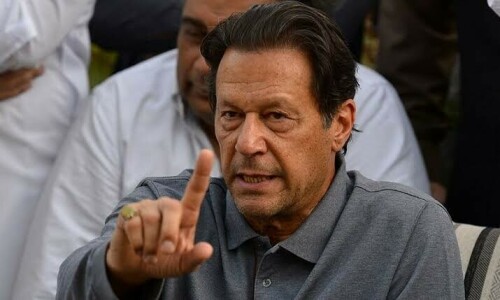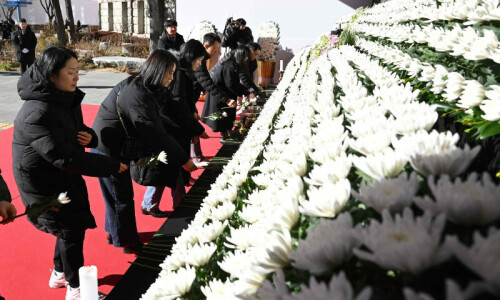
Railway stations and rail journeys are stuff dream, fantasies, adventure and endless stories are made of. Rail journeys are an apt paradigm for life itself; there is a beginning, then as you progress both the scenery and the fellow travelers change. Some that you yearn to stay, step off too soon at their own destinations; and some that you have to suffer on pain of death stay with you for the rest of your long journey.
Some fellow travelers become friends for life, some other just a fleeting snapshot in time. At each stop there is the anticipation of new itinerants. During all this, the landscape changes from flat lands to plateaus to lush green fields to wastelands, to high mountains and fearsome black tunnels. Sometime when you are brave enough to lean out of the window you can see both the head and tail of the train. For a moment, things fall in place only to hurtle you moments later into the darkness and confusion of a pitch-dark tunnel. There is endless anticipation, endless mystery: life running fast forward in time.




I remember well the journey I undertook as a child from Quetta to Rawalpindi. The train cut across the barren mountains and through bone-dry places with chilling names like “Aab-e-Gum” (Vanished Water), charged headlong into the dark, unending, fearsome, Sibi Tunnel – the longest in Asia. Three black as night steam engines, one in the front and two at the rear, worked their heart out to pull the carriages through the steep mountains. The night was spent rocking through the icy cold deserts with the staccato of the wheels on the rails as a perfect lullaby. The silence was broken only by the shrill sound of the train whistle warning all to move out of the way or meet certain destruction.
After crossing the mighty Indus on the steel behemoth called the Sukkur Barrage Bridge, the train whistled through the green plains of Punjab, adorned in places by the bright yellow sunflowers, over shimmering rivers and finally curved through the endless rolling plateaus and ravines to reach Rawalpindi. This was a childhood adventure that will stay in the realm of my fondest memories, never repeated but forever told to my jet setting children.

Fast-forwarding from1968 to 2012, the dream world of railway travel has turned into a nightmare. No whistling, chugging, screaming, black monsters called steam engines; these have been scrapped and melted down for steel. One stands silent and still at the Karachi Cantonment Station as if mourning the passage of an era of mystery, reveries and hope. Tracks and locomotives are rusting away or pulled out of service due to a lack of maintenance. The few that work often stand idle due to a lack of fuel. The journeys start late or never. And if they do start, they end mostly late or never. Passengers are sprawled on platform, waiting, forever waiting. The schedule information board is turned off, as even the pretense of any schedule is pointless. The waiting game has started and who knows when it will end.


Those who take the train are considered by those who have never seen the inside of a train carriage to be cattle, and since cattle are never in a hurry to get anywhere except to the abattoir, it does not matter if their 24 hour journey takes 76 hours. The non-cattle variety shuns the rail and travels by air only to sometimes find their cocoon crashing head-on into the Margalla Hills or plunging to the ground in a ball of fire. It is a not so subtle reminder that when the malaise of mismanagement, corruption and sheer indifference spreads, it makes no distinction between sheep and humans and trains and planes.

OK, don’t worry take the bus a.k.a sardine cans, a.k.a death traps, where your knees keep your chin intimate company through out the journey. After all, we started our lives in a fetal position. So what if some of these decorated tin cans with wheels end up in a deep ditch or a river or are crushed into an undefined jumble of steel, flesh and bones in a head-on collision.

I say bring back the horses, the camels, and the hardy donkeys that so loyally served our great forebears for centuries. Reliable, low maintenance and low fuel cost. And why even this dependence? What happened to traveling by foot? It is just a short jaunt of six months from Karachi to Khyber.

The Greek philosopher Heraclitus famously said, “You cannot step in to the same river twice”. I am sure if he had seen the Pakistan Railways of yesteryears and that of today he would have said “You cannot step into the same train twice”. Well, because that train is no more.

The views expressed by this blogger and in the following reader comments do not necessarily reflect the views and policies of the Dawn Media Group.











































